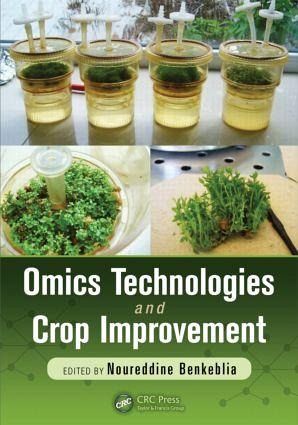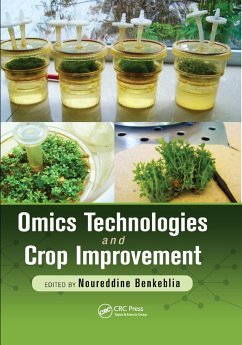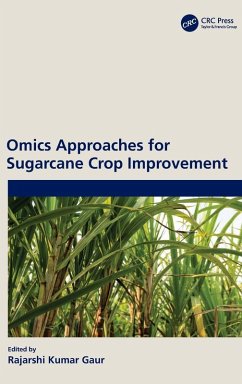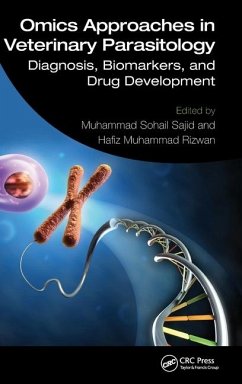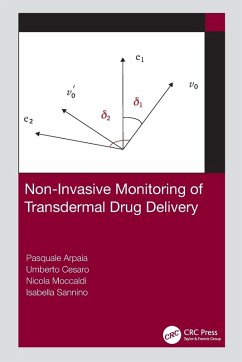Noureddine Benkeblia is a professor of crop science involved in food science, focusing on food-plants biochemistry and physiology. His work is mainly devoted to pre- and postharvest metabolism in crops. A few years ago, he introduced a new concept in systems biology-metabolomics-to investigate the mechanisms of biosynthesis and accumulation of fructans in liliaceous plants. Professor Benkeblia received his BSc, MPhil, and Doctor in Food Sciences from the Institut National Agronomique (Algeria) and Doctor in Agriculture (PhD) from Kagoshima University (Japan). After a few years teaching in Algeria, he joined the Institut National de la Recherche Agronomique, Avignon, France, as a postdoctoral scientist from 2000. From 2002 to 2007, he worked as a visiting professor at the University of Rakuno Gakuen, Ebetsu, Japan, and research associate at Hokaido University. Professor Benkeblia joined the Department of Life Sciences, the University of the West Indies, Jamaica, in 2008, continuing his work on the physiology, biochemistry, and metabolomics of fructan-containing plants in Jamaica. He also works on the postharvest physiology and biochemistry of local fruits. Professor Benkeblia has published over 150 papers, and over 37 books and book chapters, and has been the recipient of many awards, including the University of the West Indies Award for the Most Outstanding Researcher in 2011 and 2013.
